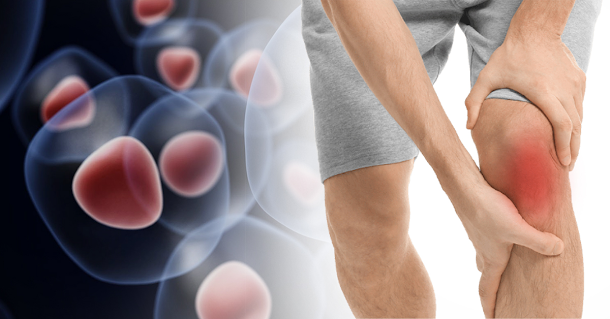KNEE STEM CELL THERAPY: WHAT YOU NEED TO KNOW

In recent years, stem cell treatment research has increased in tandem with the demand for non-invasive surgery options. Despite the fact that these therapies are still in their infancy in terms of clinical research, healthcare providers have already jumped on board, offering knee stem cell therapy, among other things, in over 600 clinics in the United States alone. While many doctors and facilities are touting it as a miracle cure, it is always prudent to proceed with caution when trying out new treatments. Let's take a closer look at what knee stem cell therapy is, its existing adverse effects, and how effective it is based on current studies. Who Would Benefit From Knee Stem Cell Therapy? Knee stem cell therapy involves the injection of stem cells (taken from the patients bone marrow or fat) into their knees to treat knee osteoarthritis. It is still being researched as an alternate treatment to knee surgery in the aim of reducing the number of people with arthritis who must
